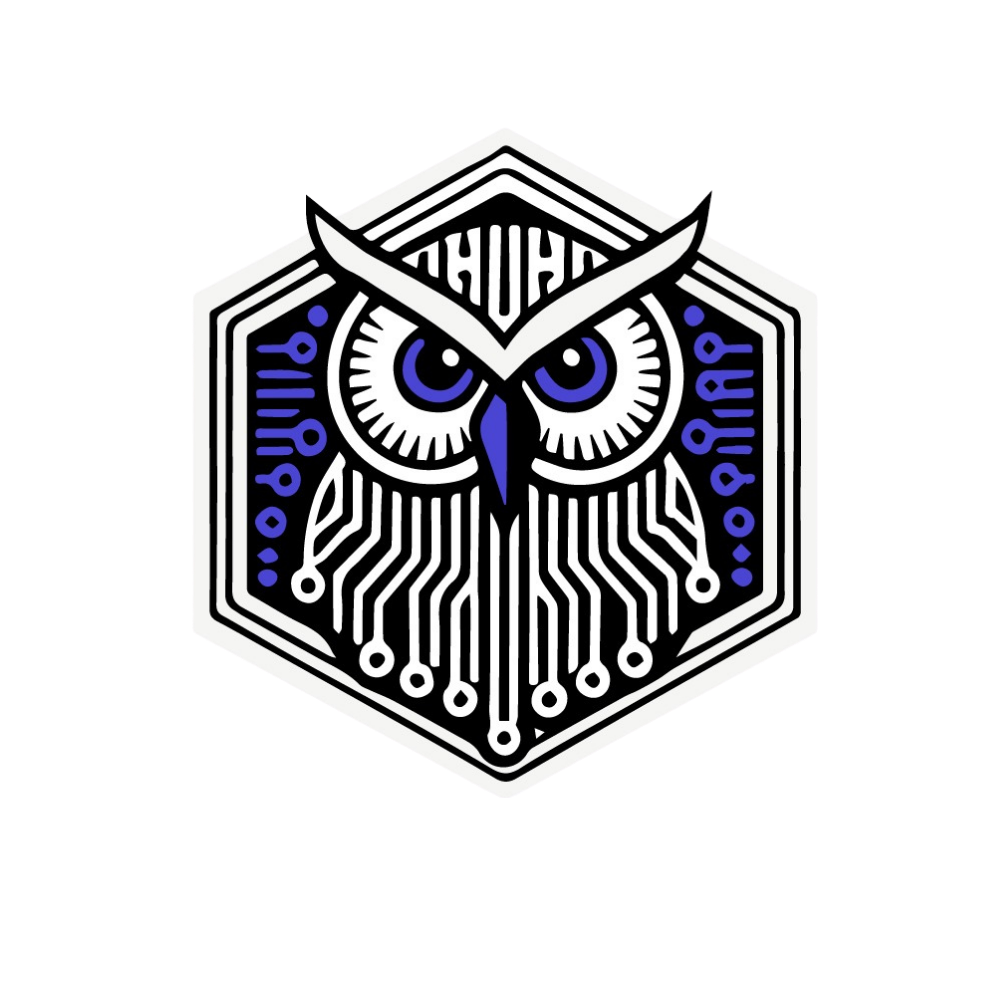In today’s complex digital ecosystem, cyber threats don’t just target IT systems—they disrupt business operations, compromise compliance, and damage reputations. That’s why organizations are shifting from reactive security to strategic risk management, where Governance, Risk, and Compliance (GRC) plays a critical role.
For cybersecurity professionals eyeing leadership roles—or for organizations looking to build stronger security programs—GRC certification is no longer a “nice-to-have.” It’s becoming a vital credential that signals deep understanding, cross-functional thinking, and boardroom-ready insight.
Here’s why GRC certification matters more than ever in today’s threat landscape.
What Is GRC in Cybersecurity?
GRC stands for Governance, Risk, and Compliance, and it’s more than just a regulatory checkbox. It’s a strategic framework that ensures security practices align with business objectives, legal requirements, and risk appetite.
- Governance defines decision-making structures, accountability, and policy enforcement.
- Risk Management involves identifying, analyzing, and mitigating risks to digital assets and operations.
- Compliance ensures adherence to industry standards, laws, and frameworks (like GDPR, HIPAA, ISO 27001, NIST, etc.).
Together, these elements form the backbone of sustainable, mature cybersecurity programs.
The Rising Demand for GRC-Skilled Cybersecurity Leaders
Organizations today face a perfect storm:
- Increasing regulatory scrutiny (GDPR, CCPA, SEC cyber rules, etc.)
- Escalating cyber threats across supply chains, cloud infrastructure, and endpoints
- A growing need for cyber leaders to communicate risks in business language
As a result, there’s a major shift in expectations for CISOs, security managers, and compliance officers. It’s not enough to know how firewalls work or how to conduct a vulnerability scan. Leaders must understand how to:
- Translate technical risks into business impact
- Build risk-based security programs
- Align cybersecurity with corporate governance
- Guide compliance efforts across multiple jurisdictions
- Present confidently to regulators, auditors, and boards
This is where GRC certification comes in.
What GRC Certification Proves
GRC certifications aren’t just paper credentials—they demonstrate real-world expertise in bridging the gap between IT security and executive leadership. A certified professional understands:
# How to map security controls to business risks # How to build and maintain a compliance framework # How to manage risk across global operations # How to develop policies that are enforceable and auditable # How to align IT governance with enterprise goals
Some of the most respected GRC certifications include:
- Certified in Risk and Information Systems Control (CRISC) – by ISACA
- Certified Information Systems Auditor (CISA) – by ISACA
- Certified in Governance, Risk and Compliance (CGRC) – by (ISC)²
- ISO 27001 Lead Implementer or Lead Auditor
- GRCP or GRCA – from OCEG (Open Compliance and Ethics Group)
These certifications typically involve practical training, exams, and continuing education—helping professionals stay ahead of emerging risks, legal changes, and compliance demands.
How GRC Certification Elevates Cybersecurity Leadership
Let’s break it down further—here’s how GRC certification directly strengthens cybersecurity leadership:
1. Better Decision-Making Under Pressure
When a breach or compliance failure hits, leaders must act fast—but also smart. GRC-certified professionals are trained to assess risks based on likelihood and impact, prioritize what matters most, and avoid overreacting to the wrong metrics.
2. Improved Communication with Executives and Boards
One of the most underrated skills in cybersecurity leadership is storytelling—the ability to translate technical threats into business risk. GRC-certified leaders can clearly explain:
- How a missing patch could affect operational uptime
- What non-compliance could cost in legal fines or brand damage
- Why cybersecurity budgets need to align with specific risk scenarios
3. Stronger Regulatory Alignment and Fewer Audit Surprises
From HIPAA to ISO 27001 to PCI DSS, the alphabet soup of compliance is expanding. GRC certification arms leaders with frameworks and tools to:
- Stay audit-ready
- Document controls effectively
- Pass vendor and third-party assessments
4. Strategic Cybersecurity Planning
With GRC knowledge, leaders go beyond daily firefighting to build long-term security roadmaps that align with business strategy. This includes:
- Annual risk reviews
- Policy lifecycle management
- Security awareness campaigns
- Vendor risk governance
Who Should Consider GRC Certification?
GRC certification isn’t just for compliance officers—it’s relevant for a wide range of cybersecurity and IT professionals, including:
- CISOs and aspiring CISOs
- Risk and compliance managers
- Security architects and analysts
- IT auditors
- Privacy officers and data protection leads
- Consultants in governance, cybersecurity, or legal risk
If your role involves managing risk, ensuring compliance, or aligning IT with business goals—GRC certification will multiply your impact.
Final Thought: The Future Belongs to Risk-Savvy Leaders
The cybersecurity battlefield is evolving. It’s not just about stopping attacks—it’s about managing risk at every level of the organization.
GRC-certified leaders stand out because they bring balance: technical insight, regulatory knowledge, and strategic vision. As boards demand better answers, regulators raise the stakes, and threats grow more complex, organizations need professionals who can lead—not just react.
If you’re serious about building a long-term career in cybersecurity leadership, GRC certification isn’t just an asset—it’s an essential step forward.
Ready to Level Up? If you’re exploring certifications like CRISC, CGRC, or ISO 27001, we can help guide your next steps—whether it’s training, resources, or building an internal GRC capability.

